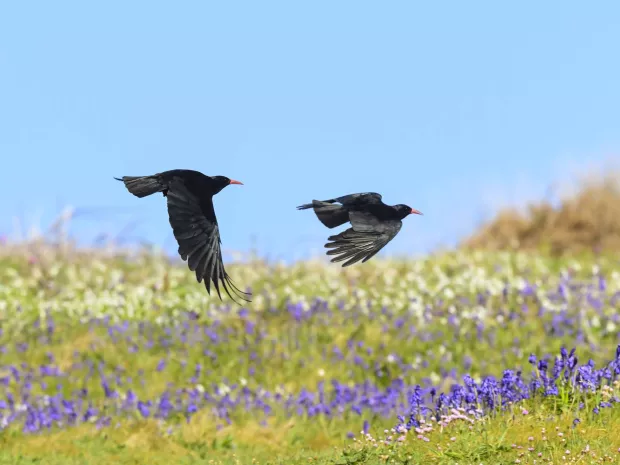
Goal 1 - We defend and restore
We'll continue to develop nature-based land management practices, while giving wildlife a voice through our campaigns and communications.
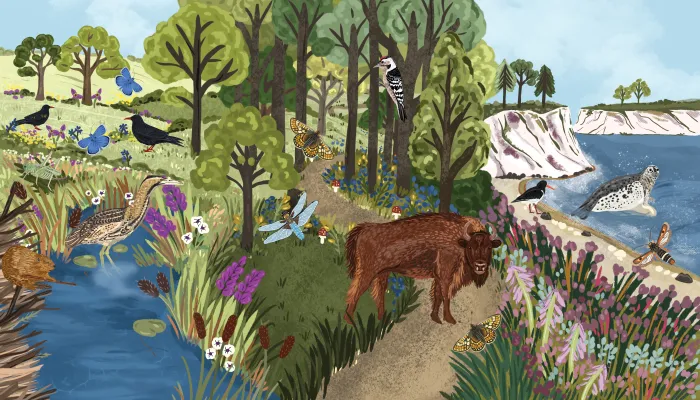
Wildlife is sending an SOS
Will you answer the call? We've launched the KWT Nature Restoration Fund - our most ambitious appeal yet to restore habitats and reverse species decline by 2030.
Kent Wildlife Trust is the county’s leading conservation charity, driving innovation to fight the climate and nature crises. We have over 31,000 members and volunteers, manage over 9,000 acres of land and influence much more. Together with our partners, supporters and grazing animals, we transform habitats, restore and protect species and bring ecosystems back to life across the county and beyond, to benefit wildlife and people.
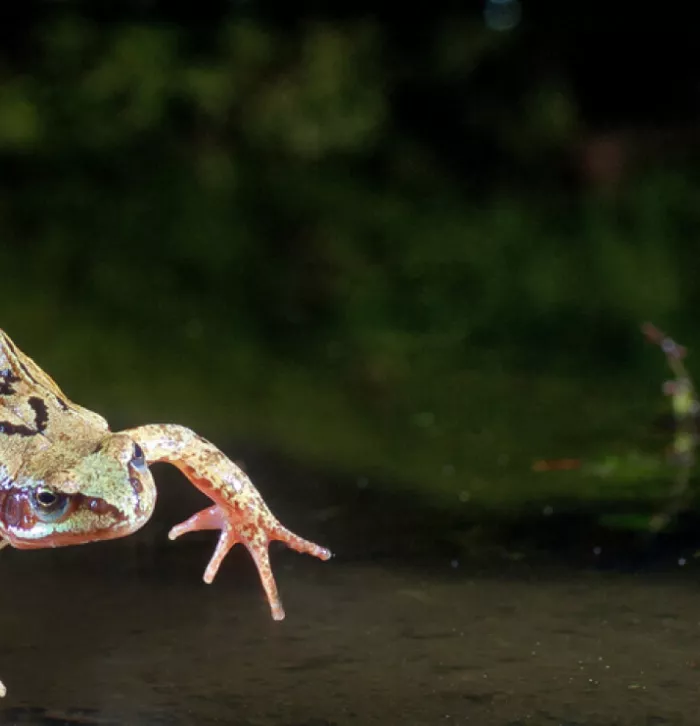
Join us in creating a Wilder Kent. We can’t do it without you.
Subscribe to our e-mailing list to hear the latest stories and updates about Kent's wildlife and our work to protect it.
Sign up to our newsletter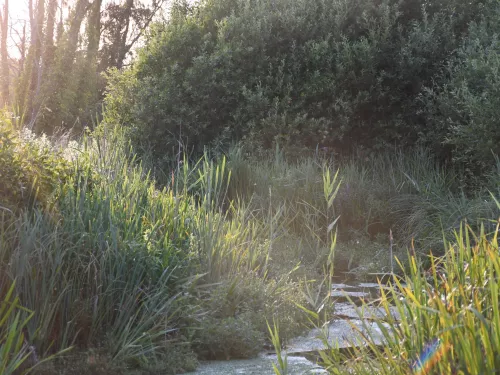
We campaign for positive change for nature and people and helping local communities to save special places for wildlife. We welcome the support of Kent's communities with these campaigns - together we can work to protect wildlife now and into the future.
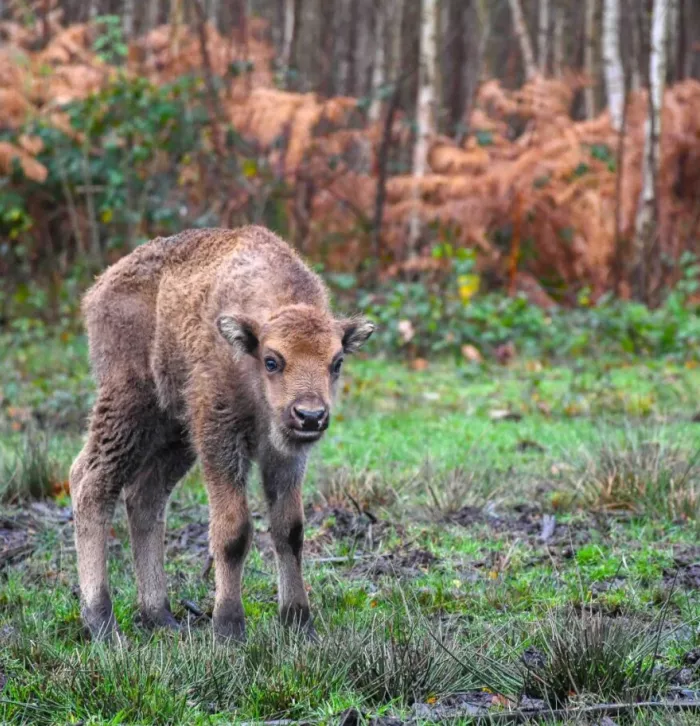
Looking to align your business with a local charity that has a global impact? We're changemakers, but we can't do this alone - we need your support.
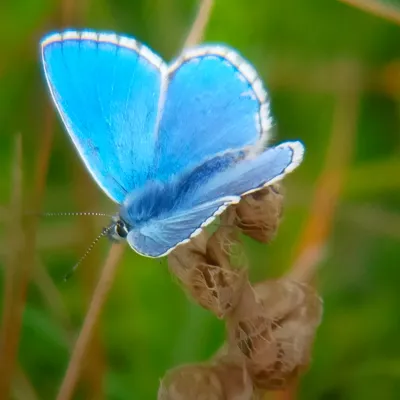
As February draws to a close, you may find that new year’s resolutions have been fading with the cold and the long nights. Don’t be disheartened; resolutions can be made every day, so don’t wait till 2027 to start improving both your life and the planets’. To make it easier, we’ve compiled a list of six practices you can start any time that can impact nature!
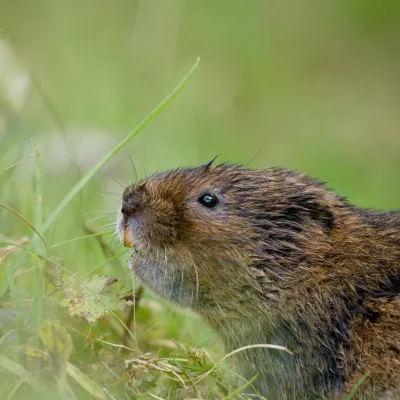
Chalk streams are an ecologically significant freshwater habitat and are globally rare. England holds approximately 85% of the global total with the majority of those dotted around the south, including in Kent.